Team
The research team
Current Members
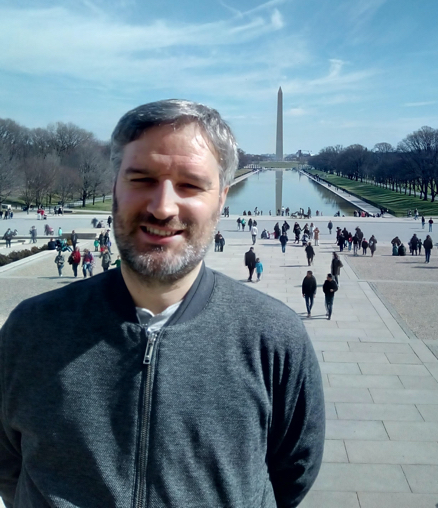
Lucas Pereira, PhD
Portugallucas.pereira (at) tecnico.ulisboa.pt
@alspereira
https://alspereira.info
Scholar Citations
orcid.org/0000-0002-9110-8775
Lucas Pereira received his PhD in Computer Science from the University of Madeira, Portugal, in 2016. Since then, he is at ITI/LARSyS, where he leads the Further Energy and Environment research Laboratory (FEELab). Since 2019 he is an Assistant Researcher at Instituto Superior Técnico (IST). Lucas’s research applies data science, machine learning, and human-computer interaction techniques to structured and unstructured data streams to address real-world problems focusing on the Sustainable Development Goals (SDGs). His current research focuses on future energy systems, and sustainable built environments (SDGs 7, 11, 12, 13), and typically involves the real-world deployment and evaluation of non-intrusive monitoring technologies and intelligent software systems.
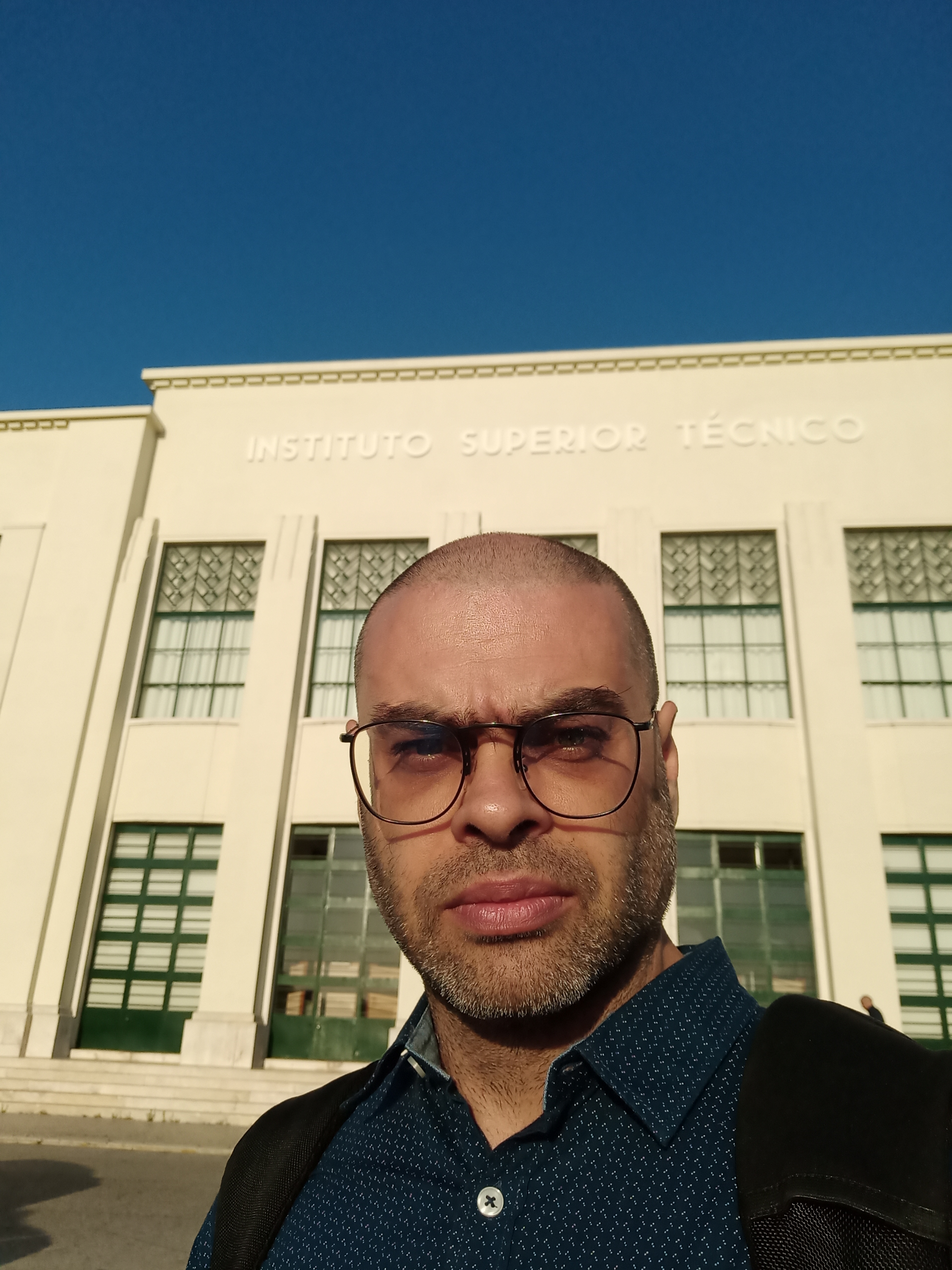
Hugo Morais, PhD
Portugalhugo.morais (at) tecnico.ulisboa.pt
https://sites.google.com/tecnico.ulisboa.pt/hmorais/
Scholar Citations
orcid.org/0000-0001-5906-4744
Hugo Morais received BSc. and MSc. degrees from the Polytechnic of Porto in 2005 and 2010, respectively, and a Ph.D. degree in 2012 from the University of Trás-os-Montes e Alto Douro, all in the field of the electric power system. He is a senior researcher at INESC-ID and an Associate Professor at the University of Lisbon. His research interests are in the development and deployment of smart grid methods and tools. He participates in the definition of operational planning tools used by the French DSO and the development of hardware-agnostic solutions based on IEC standards to be used to control distributed energy resources. He also works actively in the development of strategies for electric mobility integration in power systems.

Anuradha Annaswamy, PhD
USAhaanna (at) )mit.edu
https://meche.mit.edu/people/faculty/aanna%40mit.edu
Scholar Citations
orcid.org/00000-0002-4354-0459
Dr. Anuradha Annaswamy received her Ph.D. in Electrical Engineering from Yale University in 1985. She has been a member of the faculty at Yale, Boston University, and MIT where currently she is the director of the Active-Adaptive Control Laboratory and a Senior Research Scientist in the Department of Mechanical Engineering. Her research interests pertain to adaptive control theory and applications to aerospace, automotive, and propulsion systems, cyber- physical systems science, and CPS applications to Smart Grids, Smart Cities, and Smart Infrastructures. She is the author of a hundred journal publications and numerous conference publications, co-author of a graduate textbook on adaptive control (2004), and co-editor of several reports.

Vineet Nair, MSc
USAjvineet9 (at) mit.edu
https://cse.mit.edu/people/vineet-jagadeesan-nair/
Scholar Citations
Vineet Nair received his MPhil in Energy Technologies from the University of Cambridge. He is currently a Ph.D. student in Computational Science and Engineering at MIT, where he is supervised by Dr. Annaswamy. Vineet has considerable research experience in applying distributed optimization, game theory, and control systems tools to model power grids and distributed energy resources (DERs).
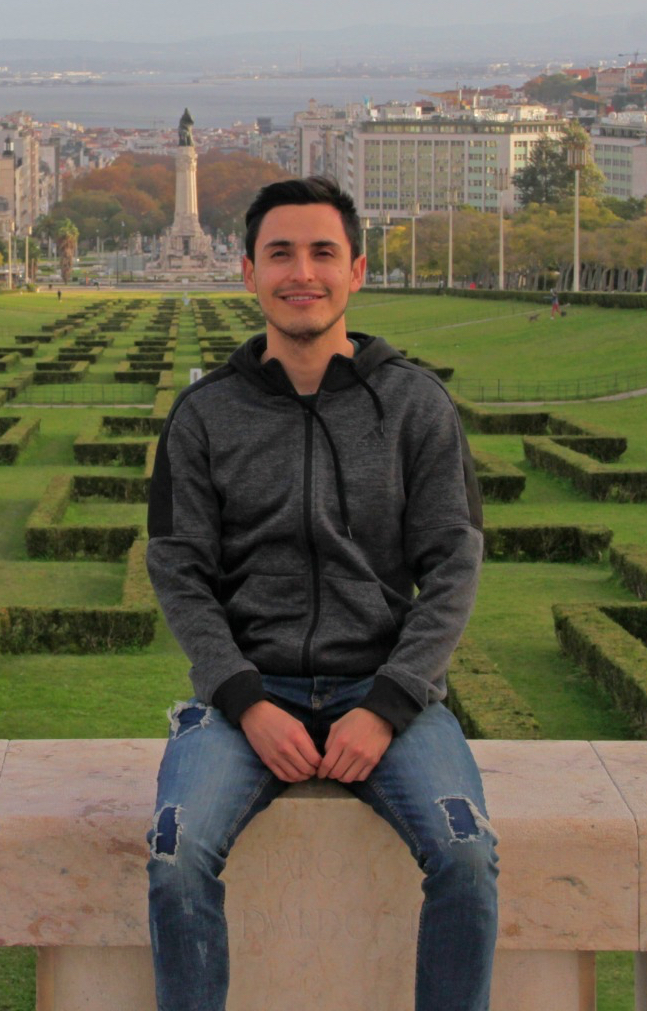
Herbert Amezquita, MSc
Portugalherbert.amezquita (at) tecnico.ulisboa.pt
orcid.org/0000-0002-7264-1427
Herbert Amezquita received his MSc. in Energy Engineering and Management (with a specialization in Renewable Energy) in 2022 from Instituto Superior Técnico, Portugal. Currently he is a junior researcher at INESC-ID and his research focuses on renewable energies, data science and forecasting of power production and consumption.

Diogo Monteiro, BsC
Portugaldiogo.pinto.monteiro (at) tecnico.ulisboa.pt
orcid.org/0009-0004-3278-1419
Diogo Monteiro received his BSc. degree from the Polytechnic of Lisbon in 2021 in the field of Biomedical Engineering. He is currently graduating from a MSc. degree from the University of Lisbon in Data Science and Engineering. His thesis centers on federated leaning forecasting algorithms applied to distributed energy resources.
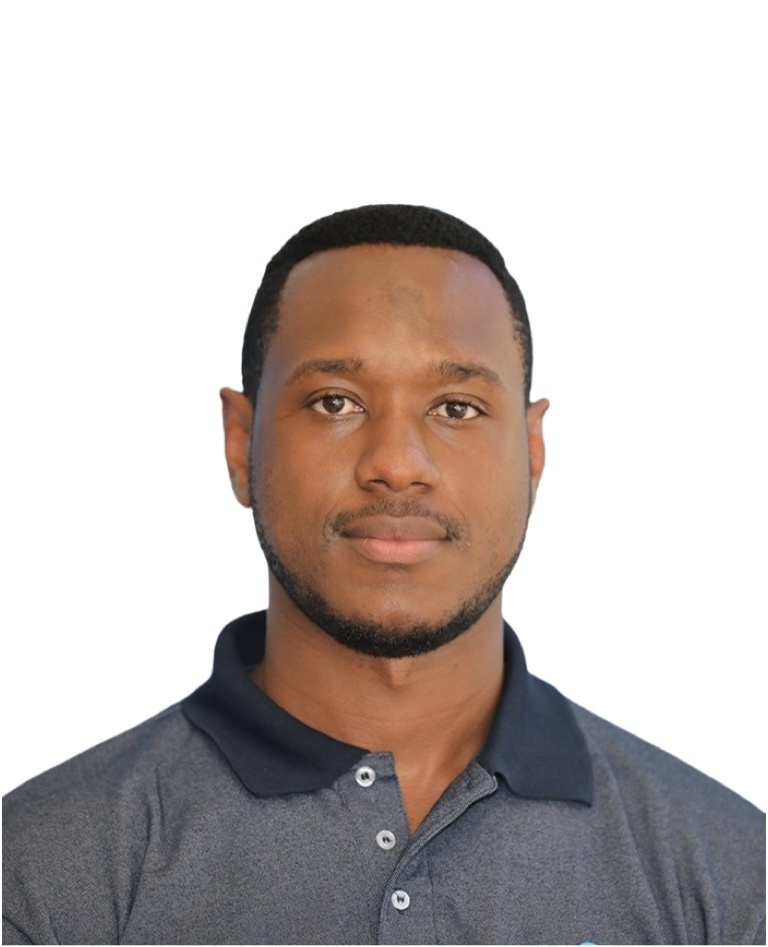
Frederik Apina, BSc
Portugalfred.apina (at) gmail.com
Frederick Apina received his BSc in Software Engineering from the University of Dodoma. He is currently a research engineer at the Further Energy and Environment research Laboratory (FEELab). His research focuses on federated learning forecasting with uncertainty quantification algorithms for distributed energy resources applied to Smart Grids planning and Operation.
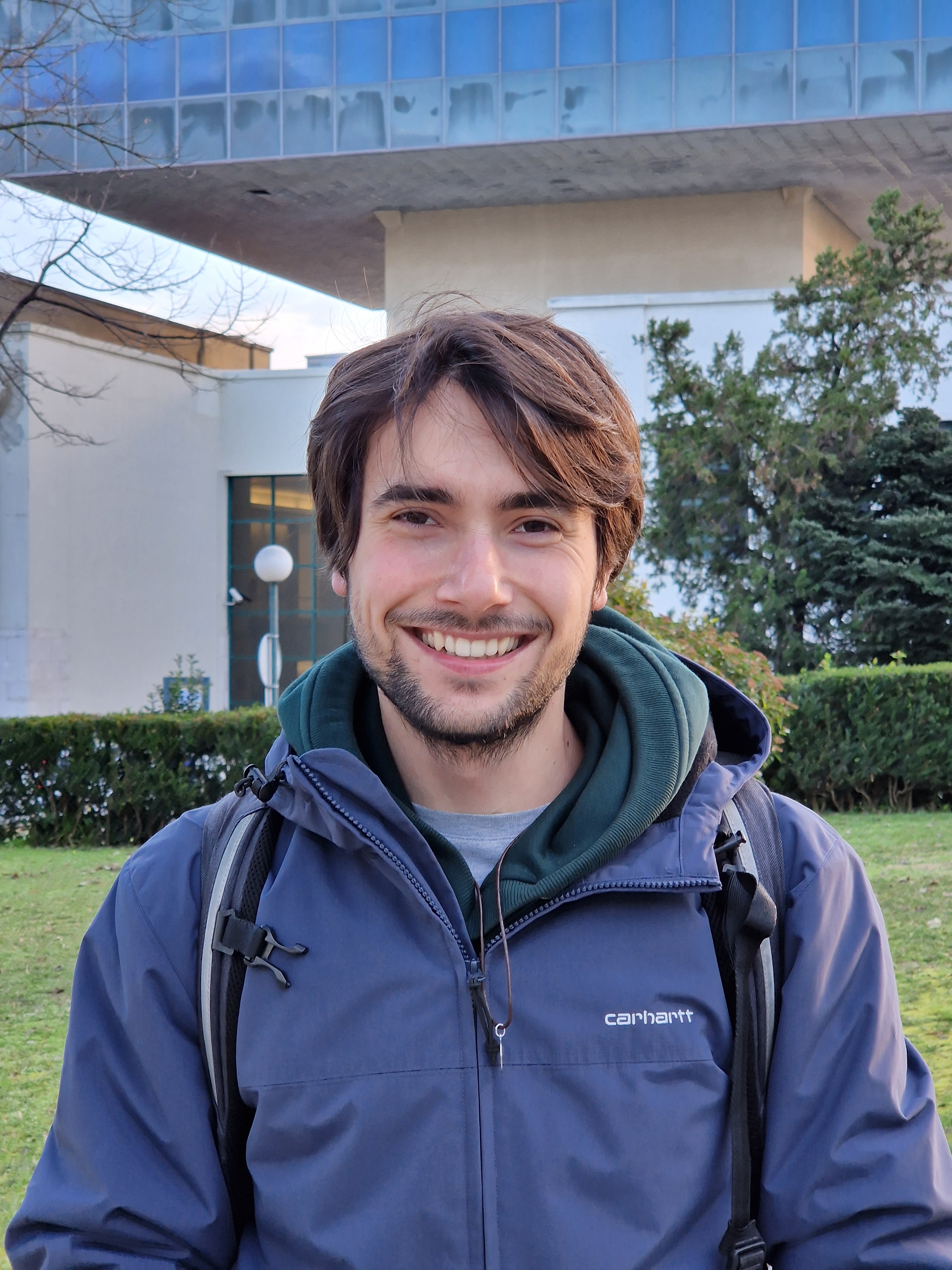
Tomás Glória, BsC
Portugaltomasggloria (at) tecnico.ulisboa.pt
Tomás Glória received his BSc. degree from Instituto Superior Tecnico in 2023 in the field of electrical and computer engineering. He is currently in the first year of an MSc. degree from Instituto Superior Tecnico in electrical and computer engineering with a major in Energy.
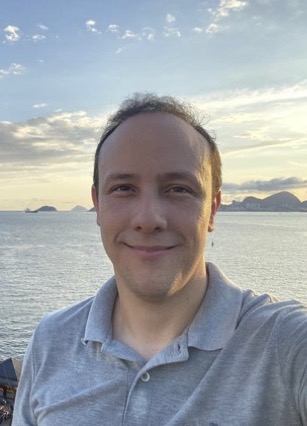
Bruno Dias received BSc. from Federal University of Juiz de Fora - UFJF in 2005, MSc. and PhD. degrees from PUC-Rio in 2006 and 2010, respectively, all in the field of the electric power system. He is an Associate Professor at UFJF, Brazil, and IEEE Senior Member since 2017. His research interests include power systems operation and planning, applied optimization and artificial intelligence, electricity markets and power system economics.
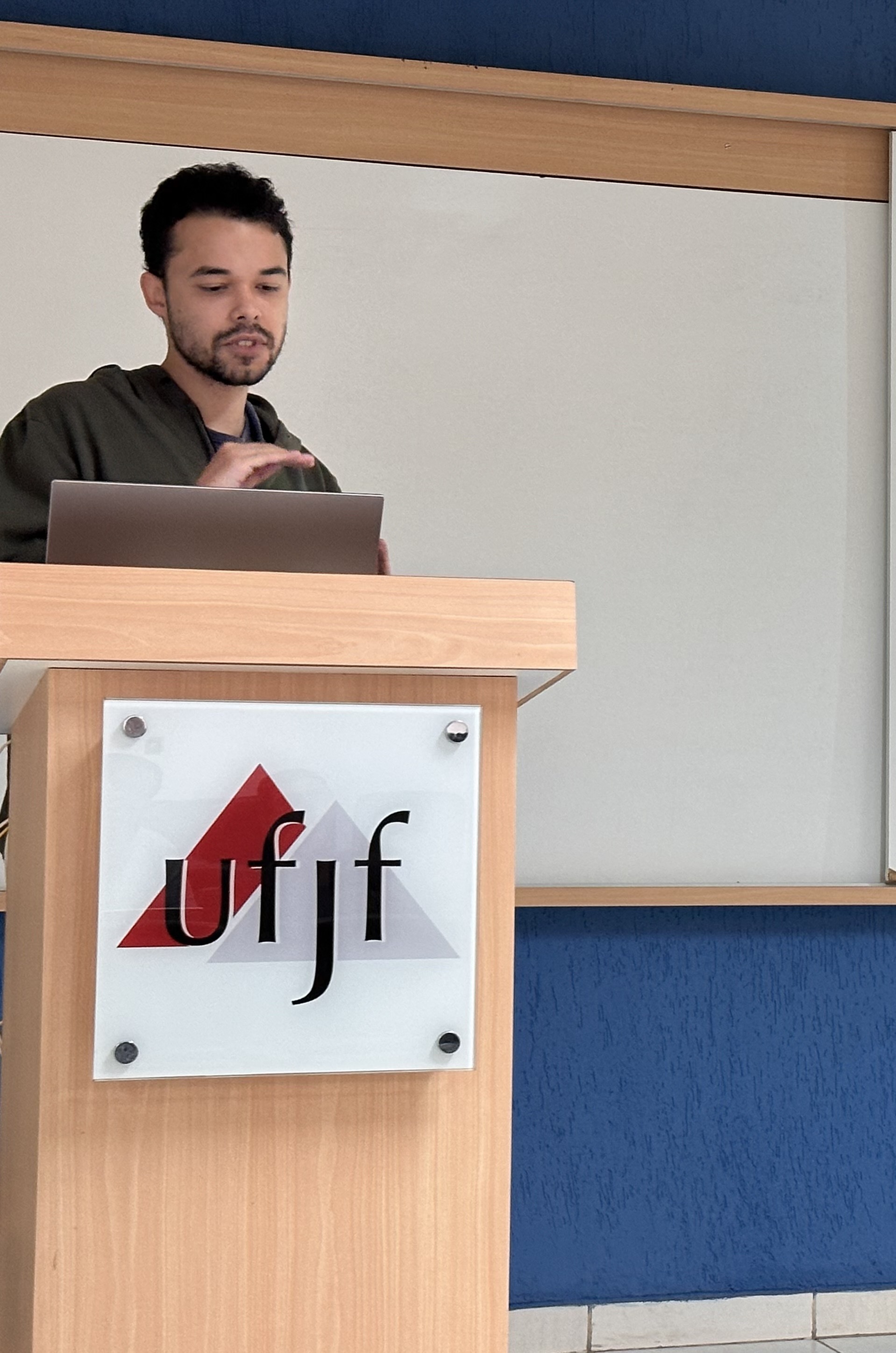
Paulo Barbosa holds a Bachelor of Science degree in Electrical Engineering from the University of Vassouras, which he earned in 2020. With a commitment to addressing energy challenges through a computer science lens, he embarked on a Master’s program in Computer Science at the Federal University of Juiz de Fora in the same year. His research attempts primarily to understand the enhancement of various deep learning models tailored for electrical demand forecasting tasks. This pursuit has led him to examine the efficacy of deep learning models grounded in recurrent and Transformer architectures, delving into the pre-processing techniques and interpretability of predictions through SHAP Values. Presently, as he advances into the Electrical Engineering PhD program, Paulo aims to leverage his accumulated expertise to find novel methodologies for addressing electrical demand forecasting problems. His goal is to develop and implement innovative techniques that can furnish robust and optimized solutions, ensuring the satisfaction of the stakeholders within the electrical sector.